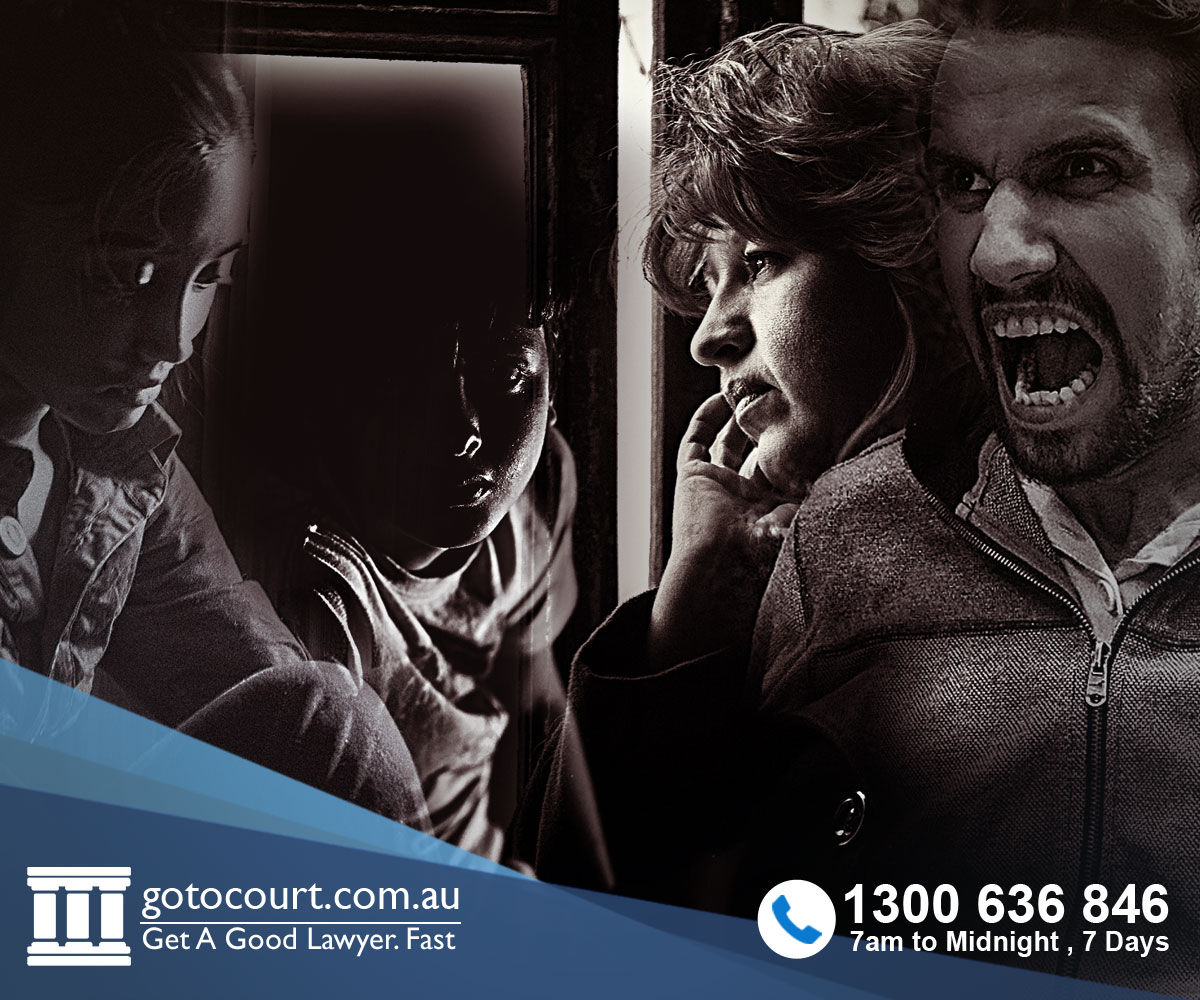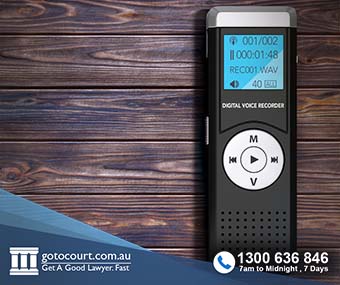Youth Detention (Tas)
The only youth detention centre in Tasmania is the Ashley Youth Detention Centre. It is operated by Children and Youth Services and houses both males and females between the ages of 10 and 18. Young people aged over ten who are charged with criminal offences in Tasmania can be remanded or sentenced to detention under the Youth Justice Act 1997.
Remand
The Youth Justice Act provides for the circumstances under which a young person can be granted bail and the conditions that can be placed on their bail. Section 25 provides for how a young person is to be remanded if bail is refused.
A youth who is aged under 19 must be remanded in a youth detention centre. If it is not practicable to remand a youth in a youth detention centre, they can be remanded in a prison. If a youth is kept in an adult prison, staff must take steps to ensure the youth does not come into contact with any adults detained in the prison.
Detention orders
Under the Youth Justice Act, a young person is to be sentenced to youth detention only if all other sentencing options have been considered and are not appropriate. A young person can be sentenced to a maximum of two years’ detention.
A detention order may be suspended in whole or in part. A suspended detention order is subject to conditions. The young person does not have to serve the sentence in detention unless the terms of its suspension are breached. This occurs when the young person commits a further offence or doe snot comply with the conditions of the order.
If a suspended detention order is breached, the court may restore all or part of the suspended period of detention and order that the young person serve the restored sentence.
Human rights
The Youth Justice Act also sets out how children are to be treated while in youth detention. Detainees must have their developmental needs catered for, be allowed to receive visits and have their medical, religious and cultural needs catered for. Detainees are also entitled to complain about the care or treatment they receive in detention.
A young person in detention can be placed in isolation only where his or her behaviour poses are immediate threat to his or her safety or the safety of another person or property and where all other steps have been taken to prevent the detainee from causing harm.
Staff are not permitted to use physical force on a detainee unless it is reasonable and necessary. They are not permitted to use corporal punishment, psychological pressure or physical or emotional abuse.
The rights of children are also set out in the Convention on the Rights of the Child, to which Australia is a signatory.
Age of criminal liability
Children younger than ten cannot be charged with criminal offences. The age of criminal liability is currently ten in all Australian states and territories.
Human right groups and lawyers have been pressuring the state and territory governments to raise the age of criminal liability to 14. There is a lot of evidence that criminalising children at a young age and particularly, placing children in detention, causes long-term harm and increases the young person’s chances of reoffending and coming into the adult prison system.
Closure of youth detention centre
There have been calls for the Tasmanian government to close the Ashley Youth Detention Centre, with reports emerging that the centre is overstaffed and over resourced. In 2016, the ABC reported that the centre was employing 51 staff to care for and supervise as few as seven young people.
A report commissioned by the state government recommended closing the centre and replacing it with two 12-bed facilities, in Hobart and Launceston. The report found the centre’s approach to youth detention was leading to high rates of recidivism, with the majority of detainees returning to the centre within 12 months of their release.
The Liberal government has rejected the recommendation. However, Labor has not ruled out closing the centre.
If you require legal advice or representation in a criminal law matter or in any other legal matter, please contact Go To Court Lawyers.








